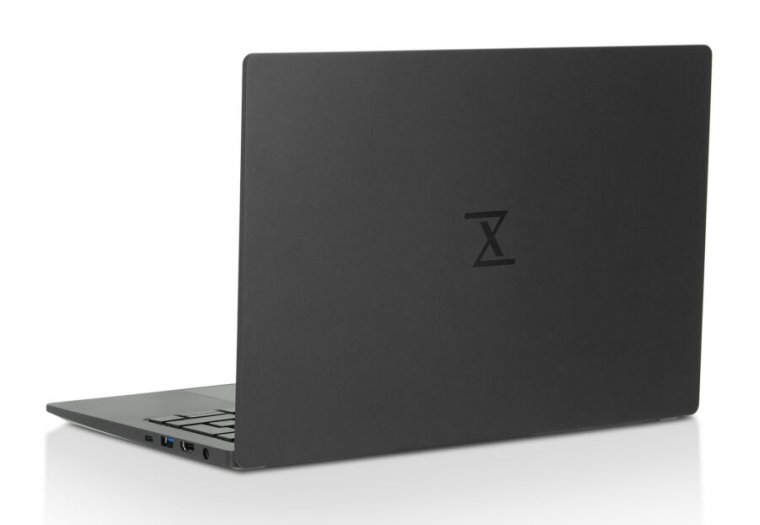
Enlarge (credit: Tuxedo Computers)
Ultralight laptops are great for slipping into a bag and traveling with, and they look pretty stylish. However, a trim build often comes with trade-offs. Battery capacity is a common one, as companies struggle to fit larger batteries into machines that are under an inch thick. German PC maker Tuxedo Computers' latest ultralight InfinityBook Pro 14 looks to address that challenge for Linux users with a massive battery.
The InfinityBook Pro 14 - Gen7 announced today comes with either big storage or a big battery. The company is selling it with the option for a 99 watt-hour (Wh) battery, which is about as big as a lithium battery can be while being allowed on an airplane (100 Wh).
-

You can get the laptop with a 56 Wh battery... [credit: Tuxedo Computers ]
Notably, the laptop uses a lithium-polymer (Li-Po) battery rather than lithium-ion (Li-Ion), which is more common among laptops. Li-Po batteries tend to be lighter, more stable, and have a longer life span, making them popular in smartphones. However, Li-Ion batteries tend to have higher capacities for less and slower self-discharge.
Read 8 remaining paragraphs | Comments

Enlarge (credit: Tuxedo Computers)
Ultralight laptops are great for slipping into a bag and traveling with, and they look pretty stylish. However, a trim build often comes with trade-offs. Battery capacity is a common one, as companies struggle to fit larger batteries into machines that are under an inch thick. German PC maker Tuxedo Computers' latest ultralight InfinityBook Pro 14 looks to address that challenge for Linux users with a massive battery.
The InfinityBook Pro 14 - Gen7 announced today comes with either big storage or a big battery. The company is selling it with the option for a 99 watt-hour (Wh) battery, which is about as big as a lithium battery can be while being allowed on an airplane (100 Wh).
-

You can get the laptop with a 56 Wh battery... [credit: Tuxedo Computers ]
Notably, the laptop uses a lithium-polymer (Li-Po) battery rather than lithium-ion (Li-Ion), which is more common among laptops. Li-Po batteries tend to be lighter, more stable, and have a longer life span, making them popular in smartphones. However, Li-Ion batteries tend to have higher capacities for less and slower self-discharge.
Read 8 remaining paragraphs | Comments
August 23, 2022 at 10:46PM

Post a Comment